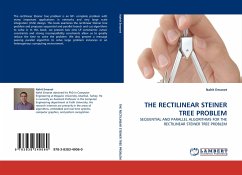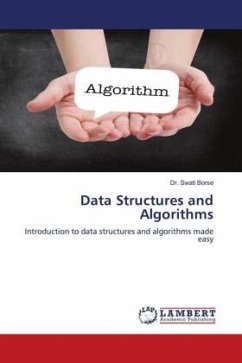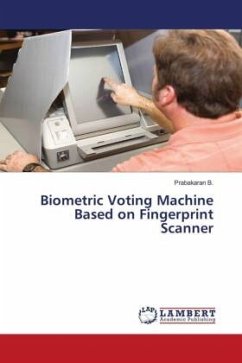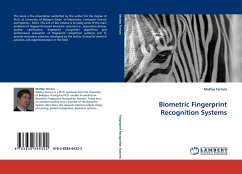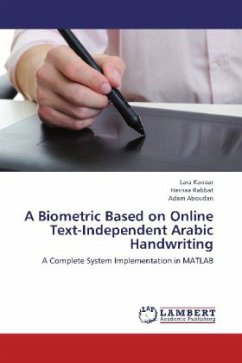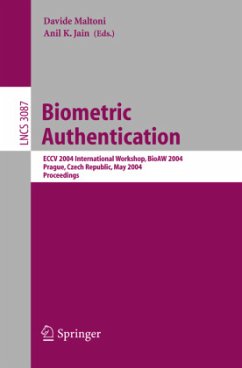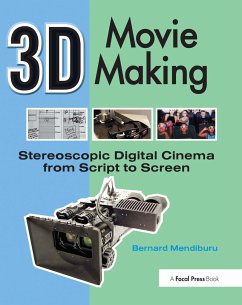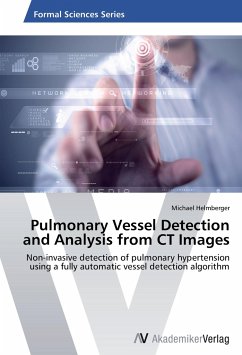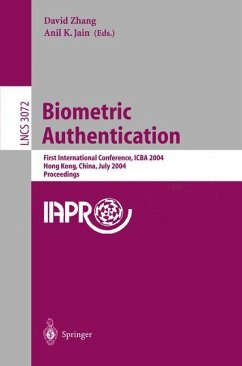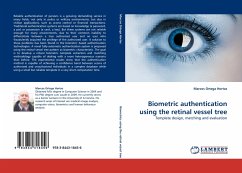
Biometric authentication using the retinal vessel tree
Template design, matching and evaluation
Versandkostenfrei!
Versandfertig in 6-10 Tagen
45,99 €
inkl. MwSt.

PAYBACK Punkte
23 °P sammeln!
Reliable authentication of persons is a growing demanding service in many fields, not only in police or military environments, but also in civilian applications, such as access control or financial transactions. Traditional authentication systems are based on knowledge (a password, a pin) or possession (a card, a key). But these systems are not reliable enough for many environments, due to their common inability to differentiate between a true authorized user and an user who fraudulently acquired the privilege of the authorized user. A solution to these problems has been found in the biometric...
Reliable authentication of persons is a growing demanding service in many fields, not only in police or military environments, but also in civilian applications, such as access control or financial transactions. Traditional authentication systems are based on knowledge (a password, a pin) or possession (a card, a key). But these systems are not reliable enough for many environments, due to their common inability to differentiate between a true authorized user and an user who fraudulently acquired the privilege of the authorized user. A solution to these problems has been found in the biometric based authentication technologies. A novel fully-automatic authentication system is proposed using the retinal vessel tree pattern as biometric characteristic. The goal is to develop a robust biometric template extraction and matching methodology capable of dealing with a more heterogeneous scenario than before. The experimental results show that the authentication method is capable of achieving a confidence band between scores of authorized and unauthorized individuals in a complex database while using a small but reliable template in a very short computation time.



